“If the Lord Almighty had consulted me before embarking upon Creation, I should have recommended something simpler.”
—Alfonso X, Spanish royalty, born November 23, 1221
How Hard Should We Try to Understand the Future?

I once asked a former Fortune 500 CEO why his peers were so indifferent to credible, dire warnings about the future. He reminded me that for most businesses anything beyond the next five years is the far future, which management can afford to ignore. Besides, they believe in their ability to deal with problems as they arise, push them off onto somebody else, or have moved on to other positions. Heigh-ho!
This isn’t stupid: it’s rational to pay attention only to problems you can do something about right now, or at the appropriate time. But it seems worth spending at least some time thinking about what’s coming. Dwight David Eisenhower said that “Plans are nothing; planning is everything,” worth thinking about as the future becomes the present, as it regularly does, and at an accelerating pace.
The realities of demographic change are not well understood. We’re used to thinking in terms of a population explosion, a concept approximately contemporary with double-knit leisure suits and disco. What’s coming is the opposite: declining population is a reality in a number of advanced economies (Japan, notably) already, and will be happening everywhere by the middle of the century on current trends. It will affect societies from top to bottom. No one knows how to think about how to have a growing economy in a world with declining populations. We’re about to find out. One possible hope is discussed in today’s Reading How to Keep the Economy Growing When Our Population Is Not. Research shows that richer social connections increase the ability of groups to find solutions to problems and exchange information. A more connected world, even with lower populations, could harness the creativity of its members better to continue to innovate and create.
Tomorrow in #westernma
Reading
More Problems with Fewer People
“Zero population growth is a period in future human history that is both hoped-for and feared. If we don’t get to that point, the world 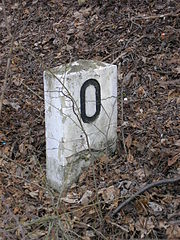 could literally become overrun with humans, straining already taxed resources like fresh water and farmland to the breaking point. But with zero population growth, the global economy—heavily reliant on a young and expanding workforce—could collapse. No matter what we hope, according to projections by the United Nations, it’s likely that within the next century, the global population will level off or even shrink….
could literally become overrun with humans, straining already taxed resources like fresh water and farmland to the breaking point. But with zero population growth, the global economy—heavily reliant on a young and expanding workforce—could collapse. No matter what we hope, according to projections by the United Nations, it’s likely that within the next century, the global population will level off or even shrink….
“There’s another, more fundamental problem that zero or negative population growth poses, though—the transfer of knowledge. We know that when people come together, they tend to create new technologies, skills, and knowledge. Cities are hubs of innovation, universities are great factories of scholarship, and even smaller groups can inspire people to create wonderful things. Perhaps more importantly, the number and strength of our connections are vital for passing knowledge on to others, two recent studies suggest. Without those connections, our society could fall rapidly behind. Fortunately, the research also suggests a way to escape the declining population trap.”
How to Keep the Economy Growing When Our Population Is Not
The Last Word
“We are built to make mistakes, coded for error.”
—Lewis Thomas, American scientist, born November 25, 1913
 As well he might. Mickey was very good to Walt Disney.
As well he might. Mickey was very good to Walt Disney.

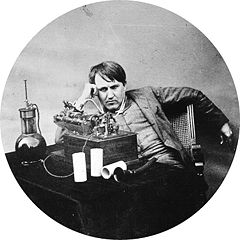 “Sweeping across the country with the speed of a transient fashion in slang or Panama hats, political war cries or popular novels, comes now the mechanical device to sing for us a song or play for us a piano, in substitute for human skill, intelligence, and soul. Only by harking back to the day of the roller skate or the bicycle craze, when sports of admitted utility ran to extravagance and virtual madness, can we find a parallel to the way in which these ingenious instruments have invaded every community in the land. And if we turn from this comparison in pure mechanics to another which may fairly claim a similar proportion of music in its soul, we may observe the English sparrow, which, introduced and welcomed in all innocence, lost no time in multiplying itself to the dignity of a pest, to the destruction of numberless native song birds, and the invariable regret of those who did not stop to think in time….
“Sweeping across the country with the speed of a transient fashion in slang or Panama hats, political war cries or popular novels, comes now the mechanical device to sing for us a song or play for us a piano, in substitute for human skill, intelligence, and soul. Only by harking back to the day of the roller skate or the bicycle craze, when sports of admitted utility ran to extravagance and virtual madness, can we find a parallel to the way in which these ingenious instruments have invaded every community in the land. And if we turn from this comparison in pure mechanics to another which may fairly claim a similar proportion of music in its soul, we may observe the English sparrow, which, introduced and welcomed in all innocence, lost no time in multiplying itself to the dignity of a pest, to the destruction of numberless native song birds, and the invariable regret of those who did not stop to think in time…. In November 2013, InCommN got a really fun assignment: facilitate the Paragus IT annual retreat. CEO Delcie Bean IV wanted to give his entire staff a quick, entertaining introduction to economics and business. The goal was to get them all thinking like entrepreneurs.
In November 2013, InCommN got a really fun assignment: facilitate the Paragus IT annual retreat. CEO Delcie Bean IV wanted to give his entire staff a quick, entertaining introduction to economics and business. The goal was to get them all thinking like entrepreneurs. InCommN can offer customized training to enterprises of all sizes. Our expertise includes product development, web marketing, finance, social media, value chain analysis, web software, and much more. We can structure a training to suit your needs, whether it’s a lunch and learn or a full-blown company retreat like the Paragus one.
InCommN can offer customized training to enterprises of all sizes. Our expertise includes product development, web marketing, finance, social media, value chain analysis, web software, and much more. We can structure a training to suit your needs, whether it’s a lunch and learn or a full-blown company retreat like the Paragus one.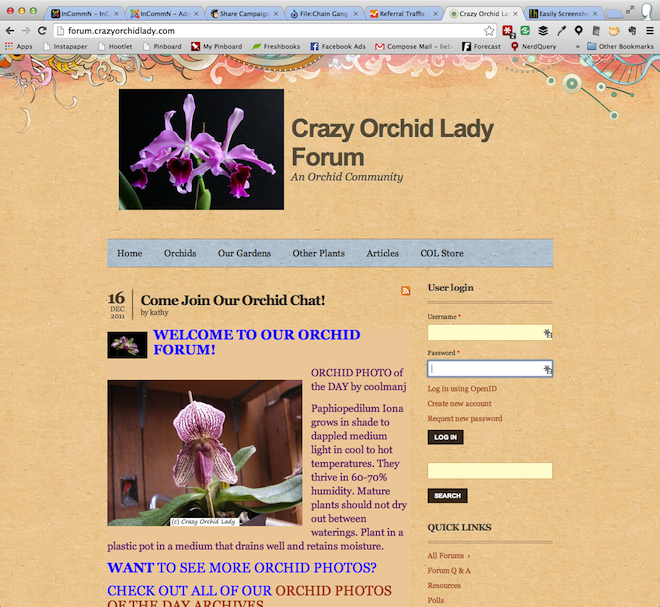



 I couldn’t remember who
I couldn’t remember who  InCommN EBooks
InCommN EBooks A Guide to Value Chain Analysis, by Rick Plaut. An expert in product development and marketing, Plaut takes you through the basics of Value Chain Analysis. You’ll wind up being able to evaluate the value chain in your market, a well-known ingredient in successful startups. $10.95
A Guide to Value Chain Analysis, by Rick Plaut. An expert in product development and marketing, Plaut takes you through the basics of Value Chain Analysis. You’ll wind up being able to evaluate the value chain in your market, a well-known ingredient in successful startups. $10.95 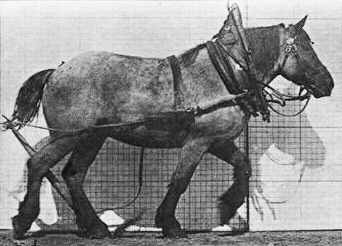 Interesting piece about the often-repeated story of the automobile saving late nineteenth-early twentieth century cities from drowning in a
Interesting piece about the often-repeated story of the automobile saving late nineteenth-early twentieth century cities from drowning in a 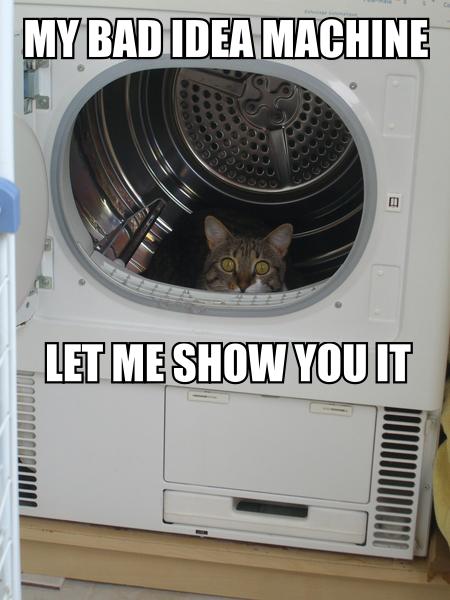 “…a front-page New York Times article revealed that after Google fed its ”DistBelief” technology with millions of YouTube videos, the software had learned to recognize the key features of cats….Google’s deep-learning tech works in a hierarchical way, so the bottom-most layer of the neural network can detect changes in color in an image’s pixels, and then the layer above may be able to use that to recognize certain types of edges. After adding successive analysis layers, different branches of the system can develop detection methods for faces, rocking chairs, computers, and so on.
“…a front-page New York Times article revealed that after Google fed its ”DistBelief” technology with millions of YouTube videos, the software had learned to recognize the key features of cats….Google’s deep-learning tech works in a hierarchical way, so the bottom-most layer of the neural network can detect changes in color in an image’s pixels, and then the layer above may be able to use that to recognize certain types of edges. After adding successive analysis layers, different branches of the system can develop detection methods for faces, rocking chairs, computers, and so on.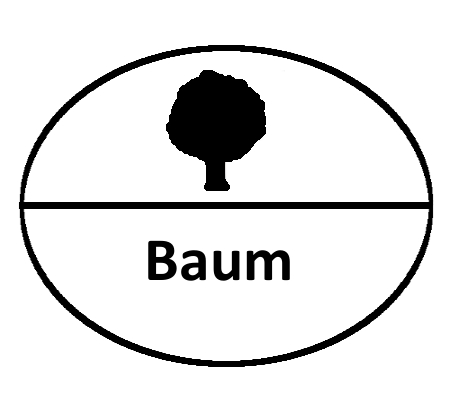 Saussure was a key figure in modern linguistics and semiotics (the science of signs, sign processes, and communication). This stuff gets very technical very quickly, but the notion that signs (words in the simplest case) have an arbitrary, socially-determined relation with what they signify (things in the simplest case) has been a fruitful one since Saussure proposed it. Semiotics and Deconstructionism were all the rage when I was a pretentious young francophile punk, so I was pleased to find
Saussure was a key figure in modern linguistics and semiotics (the science of signs, sign processes, and communication). This stuff gets very technical very quickly, but the notion that signs (words in the simplest case) have an arbitrary, socially-determined relation with what they signify (things in the simplest case) has been a fruitful one since Saussure proposed it. Semiotics and Deconstructionism were all the rage when I was a pretentious young francophile punk, so I was pleased to find 